Representing a significant meeting for the whole industry and a starting point for change to happen, greeting card publishers and retailers attended a meeting convened by the GCA to discuss diversity in the greeting card sector and initiative improvements on this front.
Welcoming attendees, Amanda Fergusson, ceo of the GCA underlined the association’s commitment to diversity, across gender, colour, religion, disability and mental health.
“Last year, for example, we celebrated the number of women now in senior positions in our industry at our 100th Anniversary Conference. The GCA is committed to continuing to drive positive change so that these women are joined by more leaders from diverse backgrounds.
We also want to support businesses producing greeting cards that serve more diverse parts of the British population and build engagement with young people from all communities.”
Amanda thanked the publishers who contacted the GCA “to highlight the need to encourage more black people into our industry, and cards for black people in stores,” saying that this needs to be part of its agenda for change.
Publishers attending the meeting included Georgina Fihosy (AfroTouch Design), Rachel Hare (Belly Button Designs), David Falkner (Cardology) Dayo Williams (Handmade cards by Dayo), Tineka Smith (Huetribe), Sarah Coombes (Karmuka), Cherelle Brown (KitsCH Noir), Grace Adisa (My Ethnic Cards), Nicola Lespeare (Nicola Lespeare), Naomi Robinson (Nyha Graphics), Mark Callaby (Ohh Deer), Darren Cave (UKG) and Therese Laverton (YOUnited Cards).
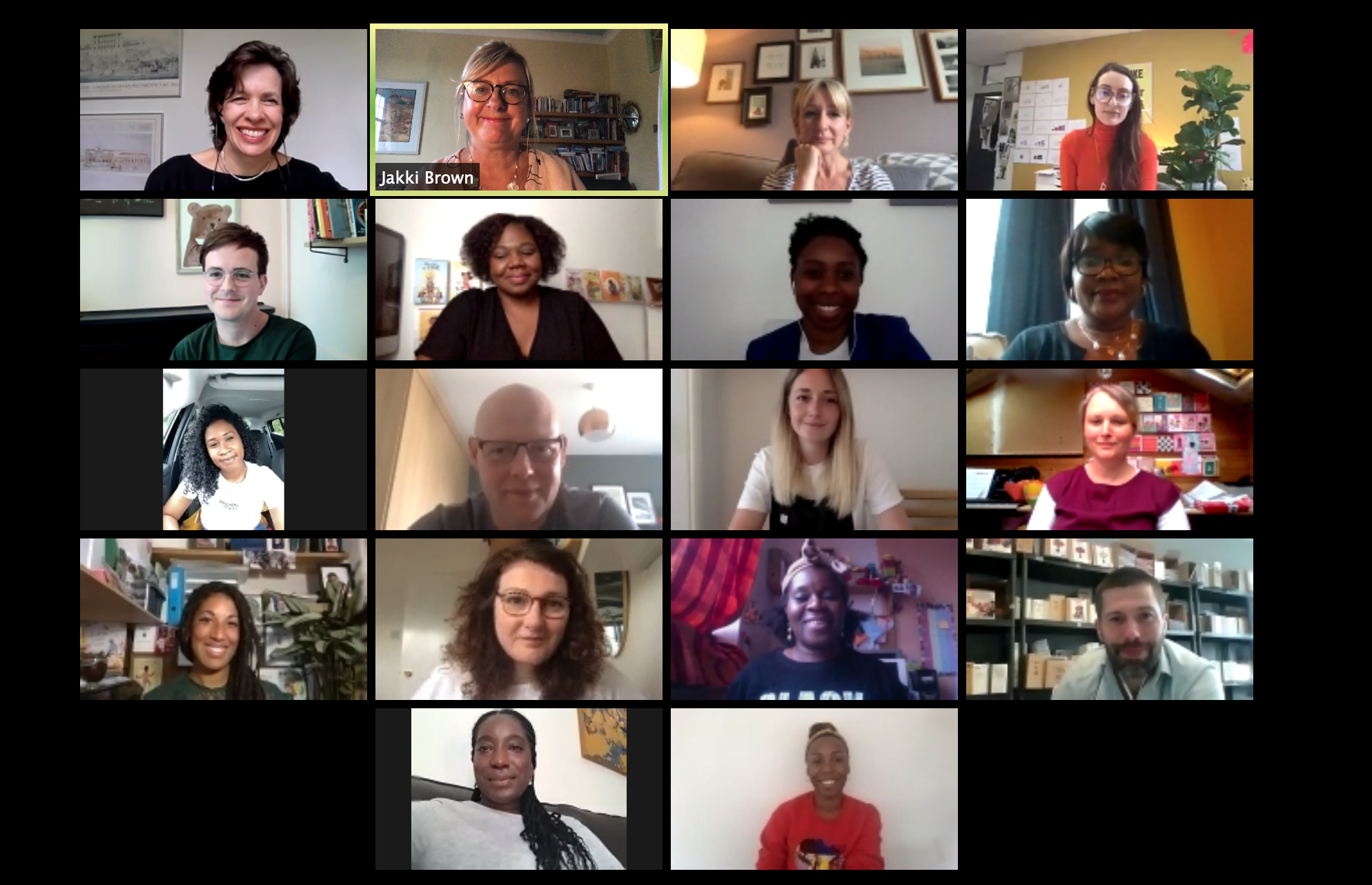
Keen to participate and listen to what the publishers had to say on the matter were representatives from Scribbler (Aisling Crosland), Card Factory (Jo Bennett) and Moonpig (Sarah-Jane Porter).
Leading the discussion Mark Callaby, GCA council member and joint-owner of Ohh Dear, talked about his passion for diversity, being very active on LGBTQ+ issues front, stressing how an important step in the process is hearing from different people, listening and learning from their experiences to help the industry move forward.
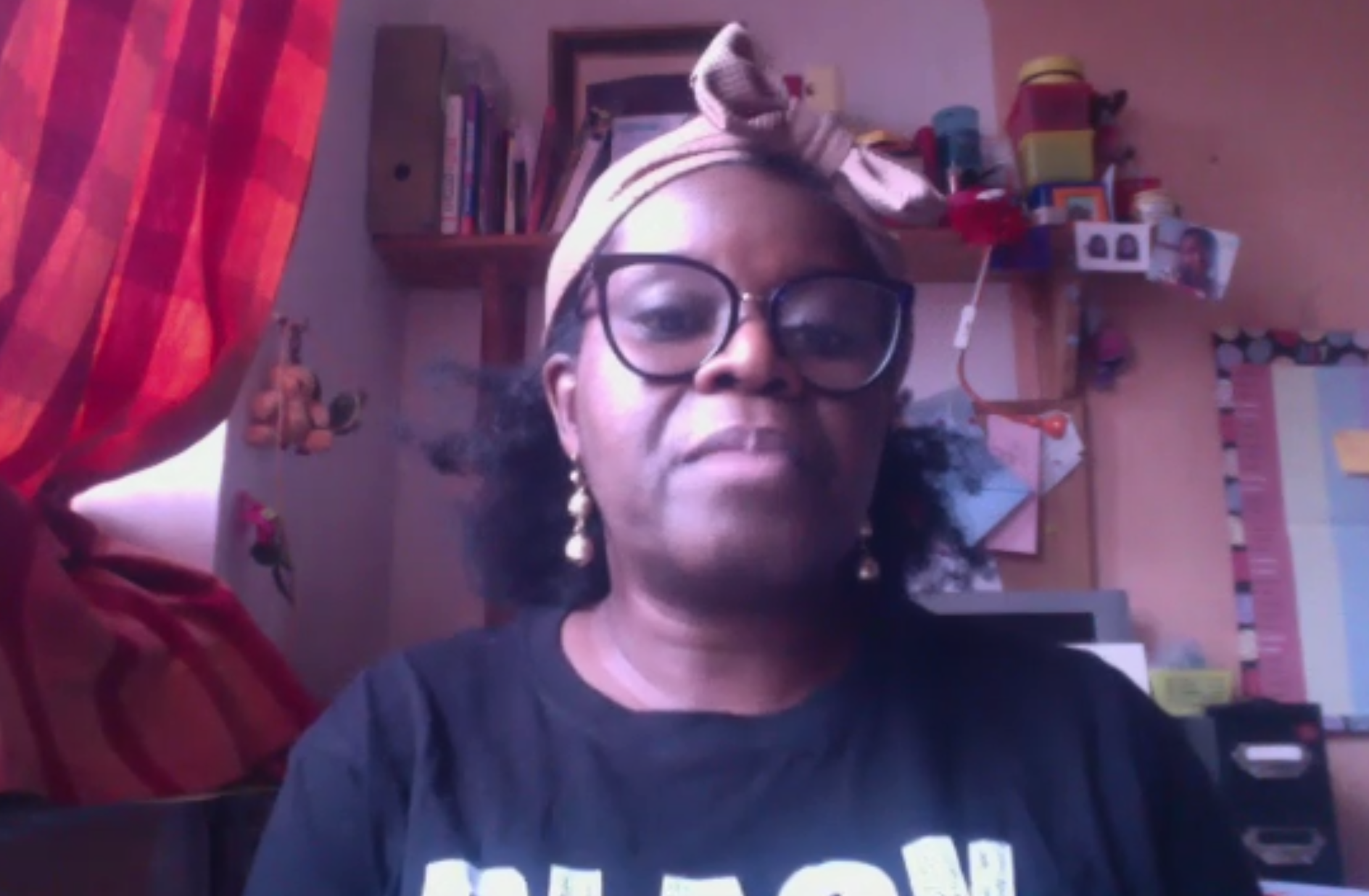
Many of the publishers revealed how they had started their businesses as a result of being unable to find cards that represented them and/or their loved ones, but also the frustration of the reluctance by retailers to stock the cards, with the result that online has remained the only channel open to them.
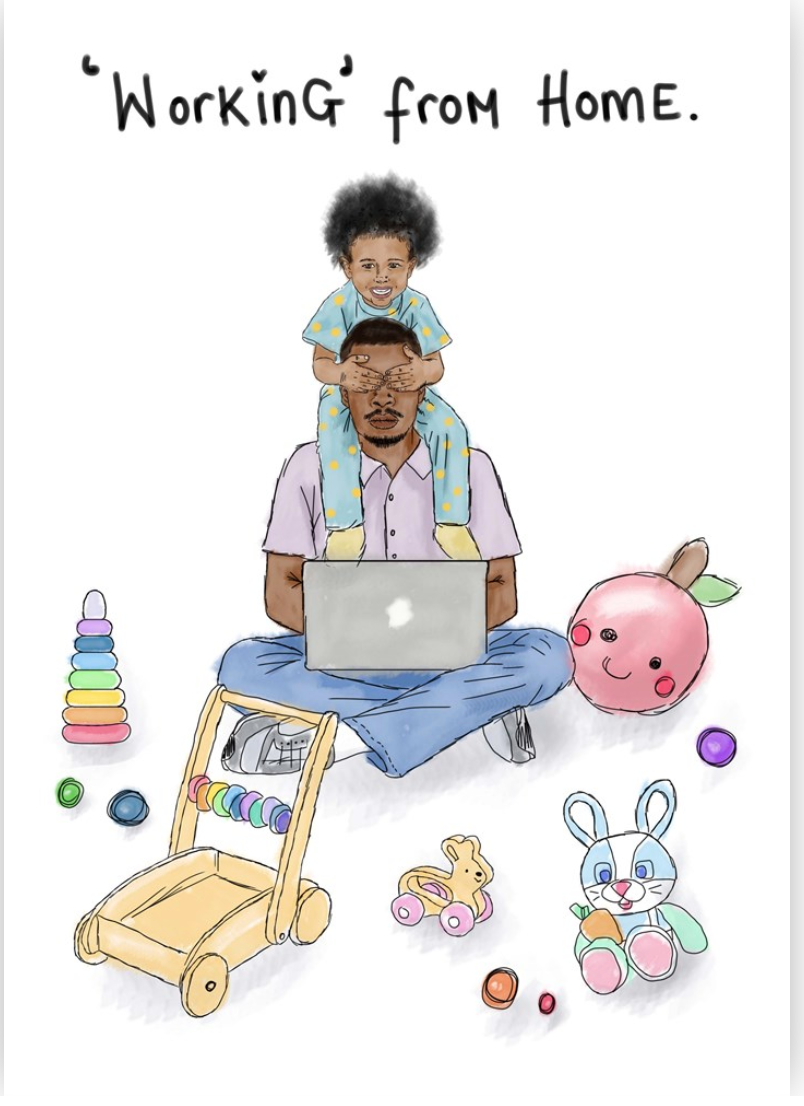
Therese Laverton from YOUnited Cards shared her experience of her mother colouring-in children depicted on cards for her as a child as she was unable to find any suitable, and disappointingly found herself having to still repeat this 30 years on for her grandchildren.
The retailers present all confirmed that they were all looking to increase the diversity within their greeting card portfolios, both in store and online and welcomed the opportunity to engage with publishers producing diverse designs.
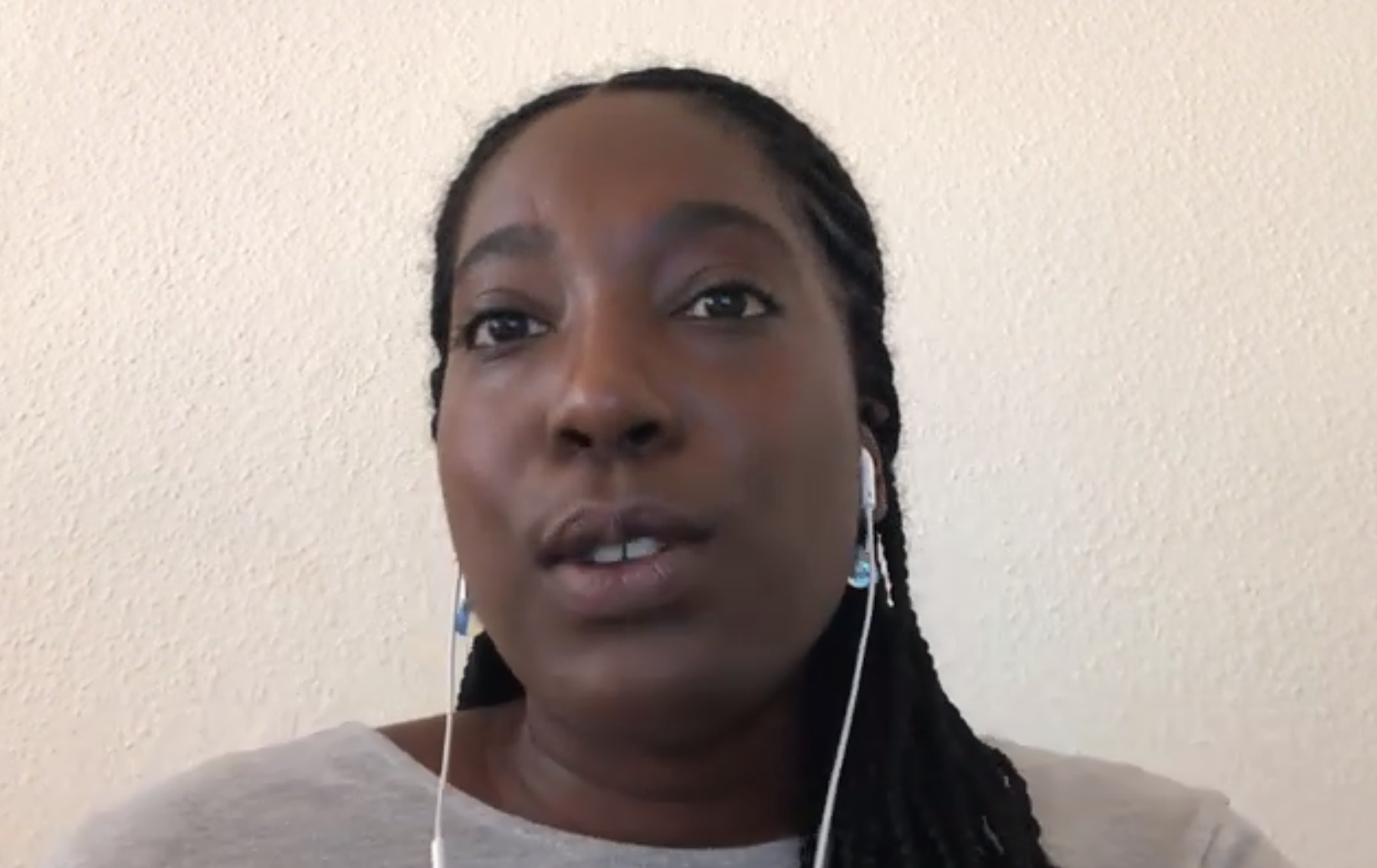
There was discussion around whether cards for diverse communities should be segregated or integrated in store. Feedback was mixed, but the meeting moved to a general consensus that initially there probably needed to be a clear separate section, so that retailers could promote the fact that they are now selling more diverse ranges of cards and consumers could find them. But that ultimately these should be integrated in with the main displays.
There was general agreement that a GCA Diversity pack, available for members to access and use, and incorporate within their own businesses as required, was important.
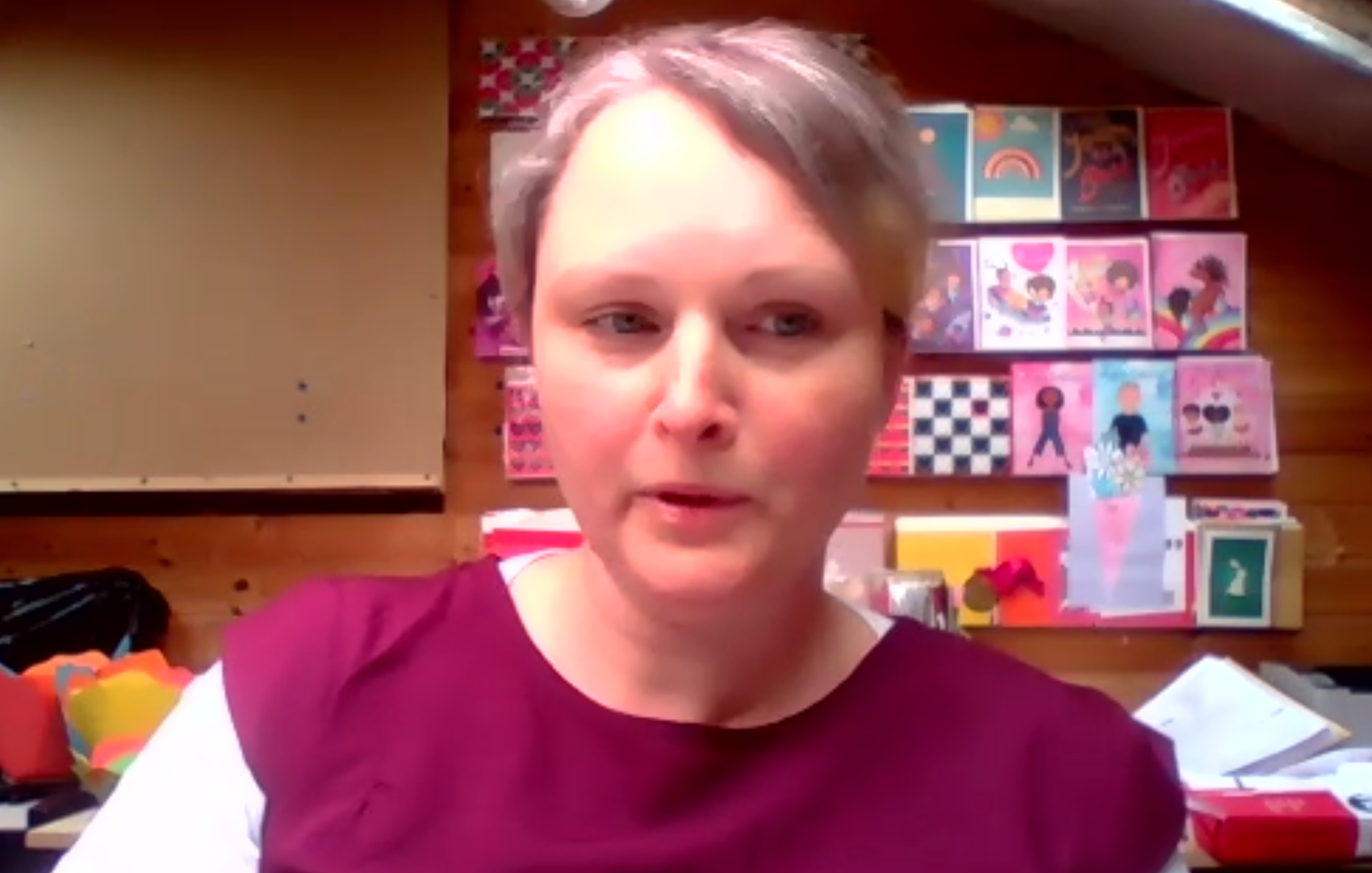
Most significantly, and key to achieving change is the formation of a GCA Diversity Sub-committee, with many of those present keen to participate and ensure that progress is made.
“This was a very important meeting,” said Rachel Hare, president of the GCA and md of Belly Button Designs. “It is the start of a process of change in the greeting card industry.”
Top: Some of the attendees of the first GCA Diversity meeting.



















